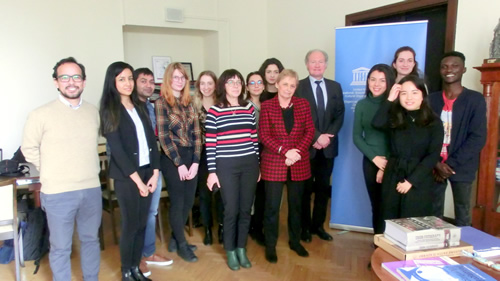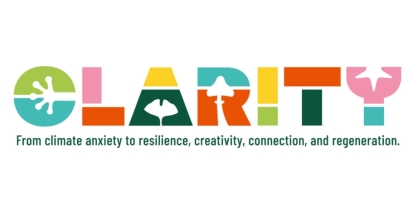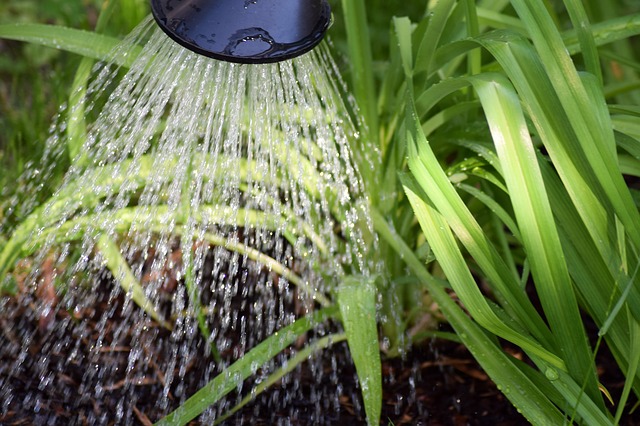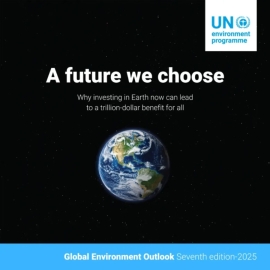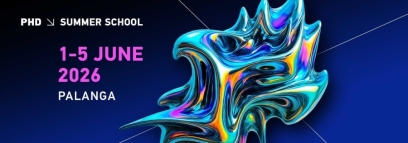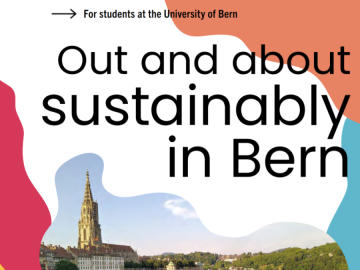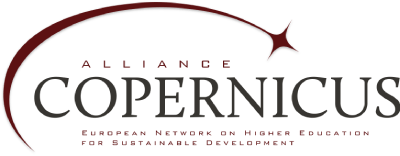Our colleagues from the University of Warsaw critically reflect on the implementation of a newly established interdisciplinary Sustainable Development graduate programme. One of the positive aspects raised is the high rate of foreign students enrolled, which enhances the intercultural approach of the programme and enriches academic discussions. A key challenge noted by the authors is the complexity of coordinating teaching by colleagues from eight university faculties.
► For further insights read the conversation with Anna Batorczak
Reflections after the 1st semester of a new graduate programme in Sustainable Development at the University of Warsaw – achievements, enablers and challenges
In the academic year 2019/20 the University Centre for Environmental Studies and Sustainable Development (UCBS) – an interfaculty unit at the University of Warsaw – launched a new graduate programme in Sustainable Development. This was a very exciting moment after two years of intensive preparation with discussions, consultation and planning of the programme. We really didn’t know if our teaching offer would be of interest to students, so we adopted a “minimal attendance” approach – we decided to open the course if there were 10 candidates. The great interest in Sustainable Development studies surprised us: after taking an entrance exam, 42 students were admitted, among them 19 foreigners from a variety of countries from 4 continents.
After the first semester of this new study programme, we can undertake some reflections.
Achievements
The first achievement was simply starting this new graduate programme in sustainable development (SD). This is the first programme of the kind at a university in Poland. The interdisciplinarity of the field of study was a major challenge. The following 9 faculties of the University of Warsaw took part in the preparation of the SD programme: Biology, Chemistry, Physics, Geography and Regional Studies, Geology, Economic Sciences, Law and Administration, and a supporting unit – the Faculty of Management. Such an approach guaranteed that our SD studies programme offers integrated knowledge and provides insights into the complexity of sustainability challenges as well as the variety of available solutions. But it was – and remains – also a great challenge for the communication and coordination process.
The second big achievement is the interest and satisfaction of our students. Altogether, 42 applicants where accepted; but not all of them started studying and some of the students also resigned in the course of the first semester. For quite a few of our SD students, this is their second MSc programme. Most of them are already working and it is not that easy to combine work and study; indeed it is sometimes impossible. After the end of this first semester, we have 28 students. This is still a very satisfactory number. The high number of students from abroad makes our field of study the most international one at the University of Warsaw. It also gives a new quality to the teaching/learning process, particularly in terms of sustainability themes. The climate change issues discussed during the dedicated seminar are given much deeper and varied meanings when they are also presented and analyzed by students from India and from African countries.
The good marks achieved by our students proved that they achieved the learning outcomes in a satisfactory or even very satisfactory way. We also asked students to evaluate the study programme and inquired about their level of satisfaction. The marks given by the students for the first term are very satisfactory. The positive evaluation of the programme and teaching quality confirms that we have achieved what we were striving for: a good, high-quality curriculum. Our programme is truly interdisciplinary and transdisciplinary. All teaching subjects are newly developed, with insights from different disciplines and in many cases with cooperation of experts outside academia. We also offer a mix of theory and practical work. Among the forms of implementation of the education modules used for the SD programme are: lectures, presentations by students, laboratory exercises, seminars, workshops and practicum, field and seminar exercises, trips to see natural environments, engineering infrastructure and cultural objects.
Success factors
What enabled us to achieve this success? Definitively encouragement from the university authorities and a favorable climate for our initiative provided by the Rector of the University of Warsaw, Prof. Marcin Pałys, and the Vice-Rector for Student Affairs and Quality of Teaching, Professor Jolanta Choińska-Mika. The university rectors were very encouraging and gave us strong support.
Additionally we became a beneficiary of the university’s Integrated Development Programme (ZIP). This comprehensive project focuses on improving the quality and effectiveness of education at the University in Bachelor, Master and Doctoral programmes, and supports adaptation of the University’s offer to the needs of the economy, labour market and society. Thanks to our participation in this programme we are able to finance the first cycle of the SD study programme, covering such costs as fees for lecturers and experts, student research trips and field trips.
During the preparation stage, we were also able to benefit from consultations with both academics (including the ESD team of the University of Bern, thanks to our connection through the COPERNICUS Alliance) and experts who had practical experience of the academic world. Networking has led to another advantage of the programme: an excellent team of lecturers and experts.

